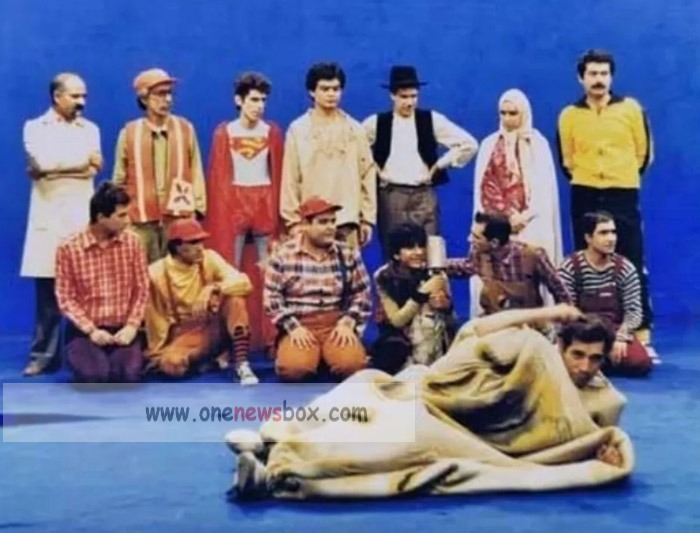Children sang the songs both within the show and in their everyday lives. Many who grew up in the 1980s and early 1990s remember humming these melodies at school or at home. This enduring quality underscores the cultural power of the music in the series.
Educational Philosophy
“Mahalle Behdasht” embodied an educational philosophy that blended entertainment with moral instruction. This philosophy was consistent with broader global trends in children’s television, where shows like “Sesame Street” in the United States and “Playschool” in the UK also used entertainment to teach basic concepts.
However, the Iranian version was uniquely tailored to its cultural and political context. In post-revolutionary Iran, children’s education was seen as central to building a new moral and social order. By focusing on health and hygiene, the program aligned itself with both Islamic values of cleanliness and modern medical science.
This dual alignment made the program acceptable to a broad audience, from religious authorities to secular educators. It was neither purely ideological nor purely technical; instead, it found a balance that allowed it to be embraced by the public.

